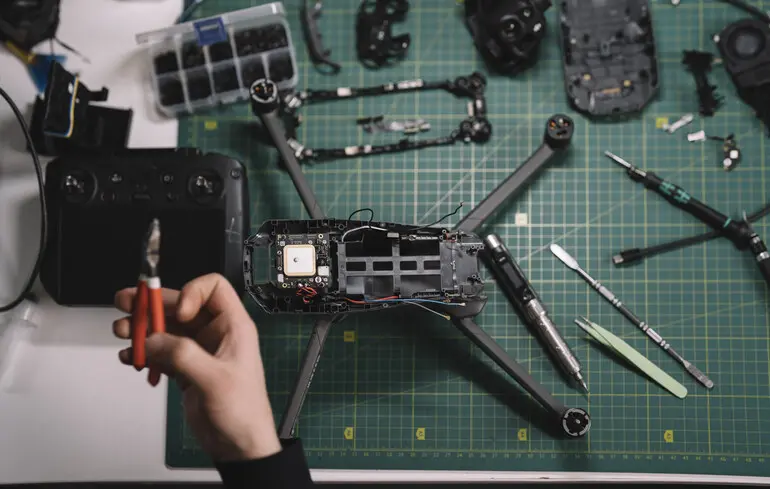Engineering Mobilization: How Modern Education Must Drive the Country’s Defense Strategy

Every year, university admission results in Ukraine spark intense discussions and deep frustrations, as young people increasingly opt for humanities and social sciences.
This trend is rooted in societal stereotypes that equate good education with limited career prospects in engineering and natural sciences.
However, real-world evidence challenges these misconceptions.
The IT sector, with its demand for technical expertise and high salaries, has demonstrated that technical and engineering education is crucial for economic and military strength.
Since 2022, the defense industry has made tremendous progress: production volumes have increased 35-fold, with over a thousand companies involved, including international players.
The demand for engineers and tech specialists is extremely high, as the industry offers exciting jobs, competitive incomes, and security guarantees.
Professionals working with drone hardware, robotics, or advanced situational awareness systems are becoming vital components of modern defense.
For students with backgrounds in electronics, instrumentation, computer sciences, or applied mathematics, opportunities abound for meaningful employment and growth.
Beyond security, the ongoing war emphasizes the importance of technological development as the key to independence.
The education system must undergo a transformation: new curricula should integrate physics, mathematics, informatics, and strategic thinking, equipping students with skills to survive and defend.
Schools and universities need to develop practical training on real facilities, regional centers, and partnerships with the military and defense sectors to adapt educational programs to the current challenges.
Increasing STEM activities, interdisciplinary connections, and competitions in natural sciences are vital.
Students should master basic physics, chemistry, robotics programming, and drone operation, while teachers and institutions must foster technical skills and patriotic education.
A targeted ‘engineering mobilization’ strategy should limit access to non-technical fields and promote engineering, IT, and applied sciences through incentives and awareness campaigns.
Only this way can Ukraine build its own technological base, develop national products, and secure independence amid wartime realities.
Education is not only the foundation for development but also an essential element of war efforts; investing in knowledge, skills, and innovation is vital for victory.

